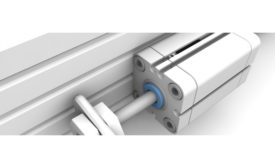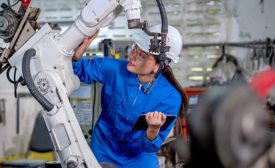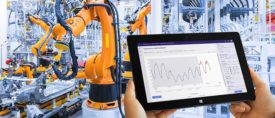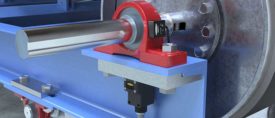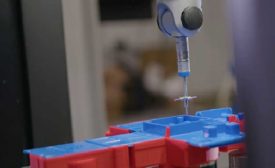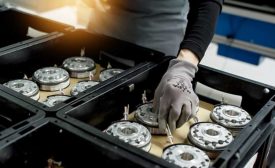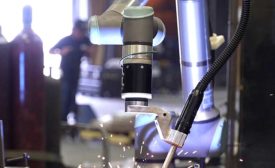Home » factory automation
Articles Tagged with ''factory automation''
How to Conduct a Robot Risk Assessment
Whether the application involves a standard robot or a cobot, engineers must do a risk assessment to identify potential hazards.
September 6, 2022
Cybersecurity for the Factory of the Future
Large and small manufacturers are increasingly vulnerable to cyberattacks.
August 26, 2022
Connectivity for the Factory of the Future
How can a manufacturer ensure its IIoT assembly lines are properly connected? Use control- and field-level automation equipment with interfaces that meet the latest communication standards.
August 23, 2022
Computer Hardware for Industry 4.0
New types of hardware will be needed to collect, route, process and display manufacturing data.
August 18, 2022
Never miss the latest news and trends driving the manufacturing industry
Stay in the know on the latest assembly trends.
JOIN TODAY!Copyright ©2024. All Rights Reserved BNP Media.
Design, CMS, Hosting & Web Development :: ePublishing
